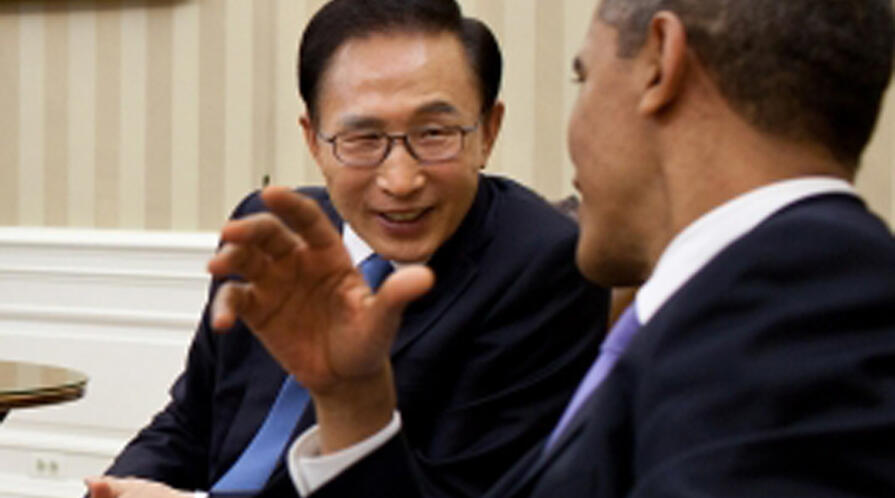As the world reacts to the death of Kim Jong Il, Stanford’s Gi-Wook Shin talks about the transition of power in North Korea. He discusses what’s in store for relations between Pyongyang and Washington, and what to expect of what is perhaps Kim’s most troubling legacy: his nuclear weapons program.
Shin is a senior fellow at Stanford's Freeman Spogli Institute for International Studies, and director of FSI's Shorenstein Asia-Pacific Research Center and its Korean Studies Program. The sociology professor is also the Tong Yang, Korea Foundation, and Korea Stanford Alumni Chair of Korean Studies.
Kim Jong Il’s son, Jong Un, is set to take over North Korea’s leadership. What do we know about him, and what can we expect from his leadership?
Unlike his father, who had been groomed as a successor for many years, Kim Jong Un was designated as a successor only recently. As a result, it is questionable whether he is ready to take over the failing regime. Kim Jong Il’s death was not entirely unexpected, but still came sooner than many experts had thought.
Jong Un is only 28 years old without much experience in politics and governance and has not yet been able to consolidate his power. Although his status as a new leader is not likely to be challenged, it won’t be easy at all to establish himself as a strong leader like his father, let alone like his grandfather, Kim Il Song.
In the years to come, his in-laws—such as Jang Seong Taek—will play an important role behind Kim. The military will also be a key player in the post-Kim Jong Il era.
You were in South Korea when Kim Jong Il died. What was the mood and reaction to the news?
People were taken by surprise but there was no panic. The government is handling the situation well, while many citizens wonder what will happen to North Korea with the passing of Kim Jong Il.
How can the United States deal with this transition in power? Will there be any change in relations between Washington and Pyongyang?
Representatives of North Korea and the U.S. recently met in Beijing to discuss food aid and nuclear issues. There was some optimism with the prospect to improve the bilateral relations. However, any direct talks between the two countries to discuss major issues will be on hold for a while as the northern regime mourns the loss of its leader and focuses on internal stability. The U.S. should pay keen attention to the transitional process and needs to support a smooth transition in power. That should entail close collaboration with neighboring countries, especially South Korea and China. And it should include providing food aid that the U.S. has been considering.
How does Kim Jong Il's death fit in with other key political transitions happening throughout the world in the coming year?
There is a great deal of uncertainty on the Korean peninsula. Besides this transition in power in North Korea, there will also be power transitions in China and Russia next year. And there will also be presidential elections in the U.S., South Korea, and Taiwan in 2012. Japan may have a new prime minister too, adding more uncertainty to the situation.
On the other hand, uncertainty does not necessarily mean a crisis—it is unlikely that the North will provoke tensions on the peninsula. The coming year is a very important one for North Korea as it celebrates itself as a “mighty, prosperous nation.” But it faces many challenges.
I don’t expect any significant change in inter-Korean relations until perhaps 2013, when South Korea elects a new administration and North Korea is stabilized with a new political leadership.
What does Kim Jong Il’s death mean for North Korea’s nuclear program?
North Korea has nuclear weapons and an enriched uranium program that could produce nuclear bombs. Very few expect the North to give up its nuclear bombs. Added uncertainty over the transition of power and heightened concern about regime survival will only increase the value that North Korea sees in possessing nuclear weapons.





